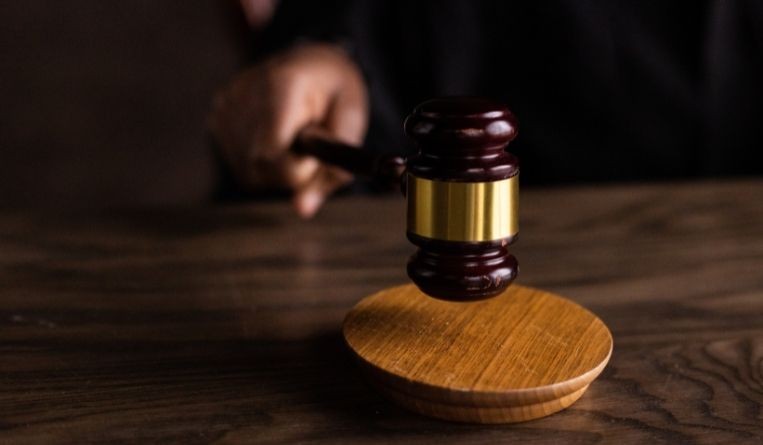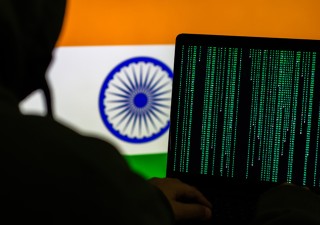Academicians in India lobbying for amendments to Copyright Act, inclusive digital education
25 April 2022

Academicians from the city of Pune in India are lobbying for an inclusive digital education and amendments to the country’s Copyright Act, 1957 aligned with Digital India and the New Education Policy 2020.
They said these amendments should correspond with technological and infrastructural changes in connection with an inclusive digital education.
Launched on July 1, 2015, Digital India is a government initiative for digitization and connectivity across India, including its rural areas, to push for the country’s economic advancement.
Meanwhile, the New Education Policy 2020 aims to make education in India accessible, equitable and inclusive from pre-school to secondary level.
An article in The Times of India stated that these needed changes to India’s Copyright Act, 1957 which was amended in 2012, pertain to open educational resources, digitization of resource materials and their sharing/lending, text and data mining, procurement of e-resources and their sharing, digitally supported teaching activities including distance learning, reproduction of resources and their distribution, communication to the public, licensing options, among others.
“It is important for us to revisit the laws to see if the present Act does address the technology and the new means of interaction. The need to reinvent is the mantra that is required for anyone or anything to stand the test of time and the same is the case for our laws. The present Copyright Act too would require to be amended to accommodate the digital technological advancements and policy changes,” said Savitha K. Jagadeesan, senior resident partner at Kochhar & Co. in Chennai.
Among these technological advancements and new means of interaction is the shift to a whole new online world of interaction in the educational sector prompted by the Covid 19 pandemic.
And then there are the fresh concepts in technology such as non-fungible tokens (NFTs), AI, cryptocurrency and blockchain. According to Jagadeesan, amendments to the Copyright Act should also address these.
“With the new online mode of teaching and startups which have spearheaded and changed the game, there is a rising demand to protect the creative elements in the teaching programs. However, for this to be addressed, the present Act requires to acknowledge the new mediums. Copyright protection and changes to encapsulate the same is not only academic-oriented. The call is more due to changing technologies such as NFTs, blockchain, AI that require the laws of IP are revisited to see the extent of protection that is being provided,” she said.

Jagadeesan further explained that modern technology has paved the way for better means of copying material, thus defeating the protections ascribed to an author’s work. Not only are digital copies far superior; they can also be more easily and extensively disseminated, to any part of the world for that matter, with just a few clicks.
“It is bad enough that copyright protection was very negligent as an activity among the academicians due to various reasons,” said Jagadeesan. “To add insult to injury, the new technological changes make mincemeat of any protectionist clauses, as it is ubiquitous and impossible to trace the infringers many a time.”
According to her, academicians in India to date have not capitalized on the Copyright Act for their works as an aspect of wealth creation.
However, Jagadeesan emphasized there is another side to the debate, namely that information found in the digital era is not the monopoly of one. Rather, it should be shared with all.
“It is the duty of the legislature to balance the right of the general public to access digitized materials and e- resources and the economic interest of the authors. This dichotomy therefore needs to be addressed and any move to change the current laws, should be to enhance the access and usage of electronic information,” she said.
One amendment she would like to see in India’s Copyright Act would be one that will balance the doctrine of “fair use” or “fair dealing.”
She explained: “Section 52 of the Copyright Act, 1957 provides for exemptions to copyright infringement, which inter alia include a reproduction of copyrighted work for educational purposes. However, the laws need to be revisited to also understand the limitless reproduction of works that can take place due to technology and account for some exceptions being carved out to enable monetary capitalization of the publications, by educational institutions. The provisions of Section 52 would require to be revisited so as to look at exemptions that can be provided for online learning programs as well as sharing of material. This might reduce piracy.”
Jagadeesan added there should also be an amendment to address the transborder nature of infringement and have adjunct regulations or policies to address the same.
“According to scholars William M. Landes and Richard. A Posner, ‘the economic efficiency of copyright is maintained when the benefits to create additional content outweigh the cost of restricting access.’ This only goes on to support the requirement that innovation should never be suppressed,” she claimed, “and this balance is what the amendments should keep in mind if the law is to keep abreast with the changing times.”
Espie Angelica A. de Leon






